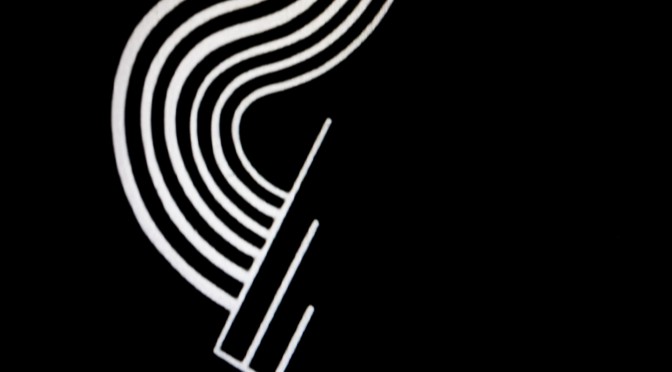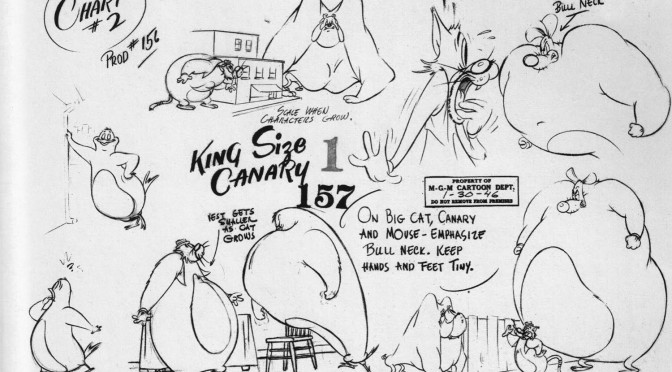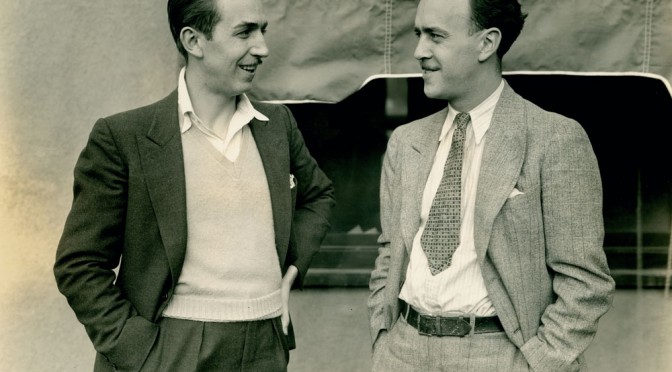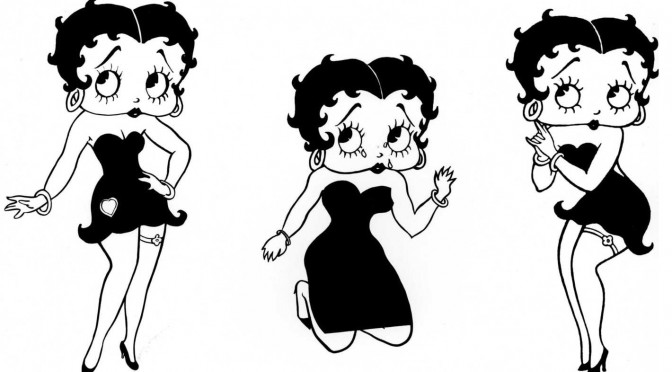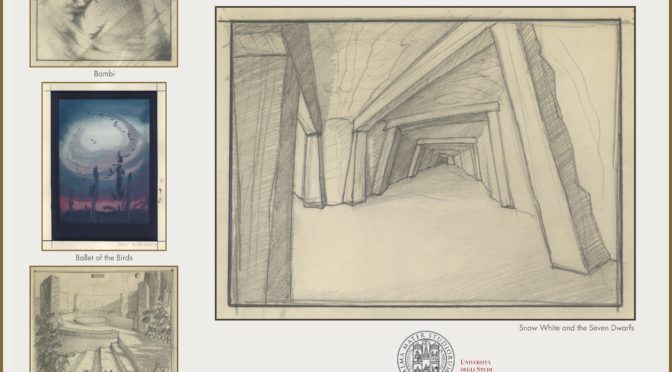18-19 novembre 2019
16:30-18:00
Via Beldomandi 1, Padova
Aula Spettacolo (terzo piano)
Ron BARBAGALLO
THE RESEARCH LIBRARY AT ANIMATION ART CONSERVATION
MAURICE NOBLE AND THE FOLDER OF DISCARDED
TREASURE
An Ugly Duckling Story
Conferenza in inglese per il corso di History of Animation

If there is a thread that runs through working at the Walt Disney Studio, it’s an inability of management to think long term about talent that doesn’t fit into the rigid theme of “do what you’re told” corporate ideologies. The particulars these stories vary but the underscore is always the same: Some politician at the studio with an inflated impression of their power sent someone with unique talent to another company where they proved their worth.
The shortlist of discarded Disney talent includes:
Maurice Noble, Academy Award® winner, production designer, background artist and layout designer
Walt Kelly, creator of Pogo
Hank Ketcham, creator of Dennis the Menace
Carl Stalling, composer for the Looney Tunes
John Lasseter, director and founder Pixar Animation Studios
Brad Bird, Academy Award® winner, film director
Harlan Ellison, author, screenwriter and essayist
Tim Burton, animator and feature film director
Jeffrey Katzenberg, producer and founder DreamWorks Animation
In cases like these, the marketplace judges the missteps of management. While in the cases of Brad Bird, Tim Burton and John Lasseter, Disney would buy these individuals back for fear of them becoming a long term competitor as Jeffrey Katzenberg has.
On November 18th and 19th, 2019, join Ron Barbagallo, the Director of The Research Library at Animation Art Conservation, at Padova University. In an educational lecture that runs 2 hours and 15 minute, Barbagallo will focus one such discarded Disney treasure: Production designer, background artist and layout designer Maurice Noble.
The frontispiece for this lecture purposes a folder of Maurice Noble art found in his home after his death. What was inside that folder? Rejected art Noble made while he worked at the Walt Disney Studio. This cradle-to-grave analysis of Noble’s aesthetic uses this artwork to prove that the aesthetic found in that folder — is the same one that would go on to allow Maurice Noble to alter the style of the genre he worked in, and win him an Academy Award®. After the lecture on Noble, Barbagallo will reprise another one of Disney’s discarded efforts by way of his lecture: Salvador Dalí’s Destino: Lost, Found and Restored.
RON BARBAGALLO is the Founder and Principle Executive of The Research Library at Animation Art Conservation, est. 1988.
He is an expert in the conservation / restoration of animation cel paintings and other types of art made of painted plastics.
As an author, he wrote and published essays on the aesthetics of fine art and the art of the motion picture.
Among is notable projects, there is the 2015 restoration of Salvador Dalí’s intention for his Disney film Destino; Barbagallo presented his research at the 29th SAS Conference in Padova.
His clients include The Walt Disney Company, Warner Bros., Nickelodeon, Hanna-Barbera, Christie’s East, Linda Jones Enterprises, United Productions of America (UPA), museums, galleries and private collectors worldwide, including the personal collection of Roy E. Disney.
The Animation Art Conservation Website

